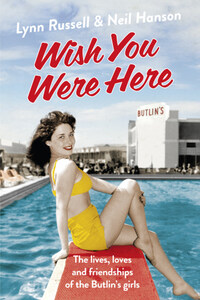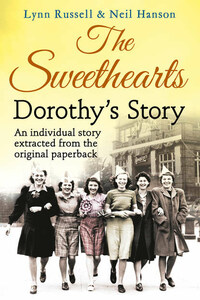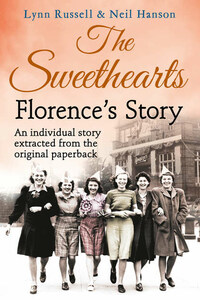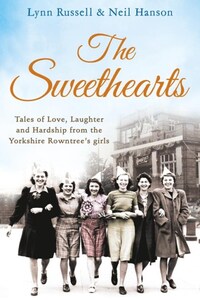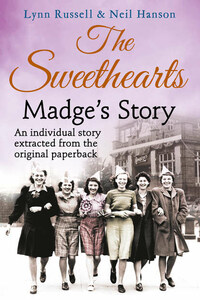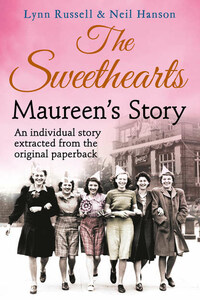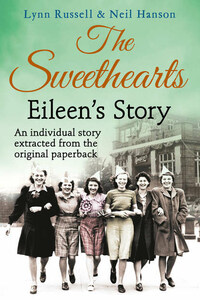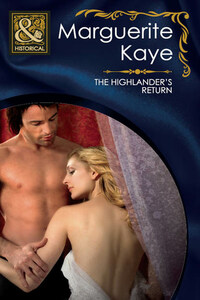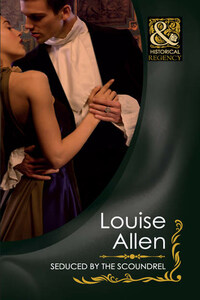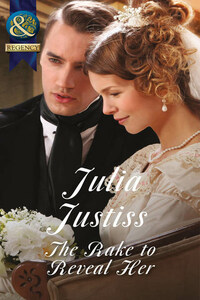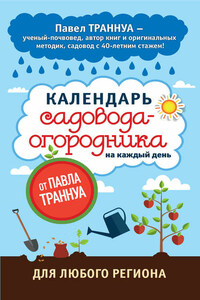This is the true-life Hi-de-Hi! story of the Butlin’s girls – the women who worked at Butlin’s holiday camps during the company’s Golden Age, from the opening of the first one at Skegness in 1936 to the 1970s when they were in their prime, before the growth of cheap air travel and overseas package holidays sounded their death knell.
In Wish You Were Here we have drawn on interviews with many of the legendary Butlin’s redcoats, but we have also spoken to waitresses, bar staff, chalet-maids, chefs, kitchen porters, office staff, security men and the many other staff who kept the camps running, as well as to holiday-makers who loved Butlin’s and returned there year after year.
Many redcoats also returned season after season, and some married other redcoats and built their lives around Butlin’s. Others were merely passing through, but even then, they often took away with them experiences and memories that they would draw on and treasure for the remainder of their lives.
The camps began and thrived in an era when – true to their caricature image – seaside landladies really did kick their guests out straight after breakfast and often did not allow them to return until 5 or 6 p.m. Billy Butlin always claimed that the idea for his holiday camps came from the sight of dejected holiday-makers traipsing along the streets of Barry Island under leaden skies while they waited to be allowed back into their ‘digs’. ‘I felt sorry for myself, but I felt sorrier for the families with young children as they trudged around, wet and bedraggled, or forlornly filled in time in amusement arcades until they could return to their boarding houses,’ he claimed in his autobiography, passing over the fact that he probably owned the arcades where these families were spending their holiday money.
Inspiration had struck and Billy began hatching the idea of resorts where holiday-makers could escape the British weather – and be entertained – all day, every day. Even better, his camp staff would also look after the children, no matter how young or old, leaving parents free to please themselves for possibly the only time all year.
Billy Butlin was already rich and successful when he launched his holiday camps. The son of an ill-matched couple, he’d had a restless upbringing. His mother came from a family of travelling showmen, but his father was the wastrel son of a wealthy family, a ‘remittance man’ who went into voluntary exile in South Africa in return for the allowance paid by his long-suffering relations. The marriage soon ended and Billy’s childhood was spent moving between South Africa, England and Canada. His education was sketchy at best, but he was quick-witted and hard-working.
He enlisted in the Canadian Army in the First World War and then worked in a department store before returning to England in 1920, working his passage on a cattle ship. He made his way to his showman uncle’s winter quarters near Bristol and used his last thirty shillings (£1.50 then and about £75 today) to rent a hoopla stall from him at the first fair of the season in a boggy Somerset field. Unlike most showmen at the time, whose prizes were so infrequently won that the metal ones often had to be cleaned to remove the rust, Billy’s were relatively easy to win. That, together with the free advertising of prizes branded with the Butlin’s name being carried around the fairground by the winners, acted as such a successful promotion for his stall that he made ten times the profits of his rivals.
He expanded rapidly, and by the end of the 1920s, he was operating a string of arcades, amusement parks, fairground pitches and zoos all over the country. He was an inveterate gambler, always willing to back his instincts and hunches with serious money, though not all of his gambles succeeded. He lost his pride and joy, a beautiful American limousine, in a card game. He won it back the next night, but then lost it again on a toss of a coin. However, his gamble on holiday camps – he borrowed to the hilt to launch his first at Skegness and nearly went bust before it opened – paid off in style.
The boarding house keepers with whom Billy was competing were often their own worst enemies. Quite apart from driving their guests out from morning till evening, many charged the holiday-makers extra for anything they used. Having a bath was invariably subject to an extra charge and some boarding house keepers even charged for the use of salt and pepper.
Billy Butlin had set his prices at a level he believed working people could afford, coining the eye-catching slogan: ‘A week’s holiday for a week’s pay’. That included accommodation, three full meals a day and free entertainment, for an all-in price of from £1. 15
